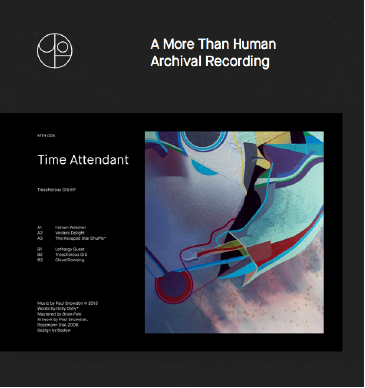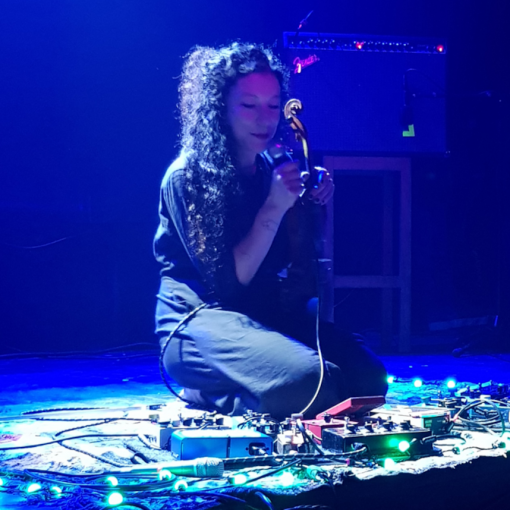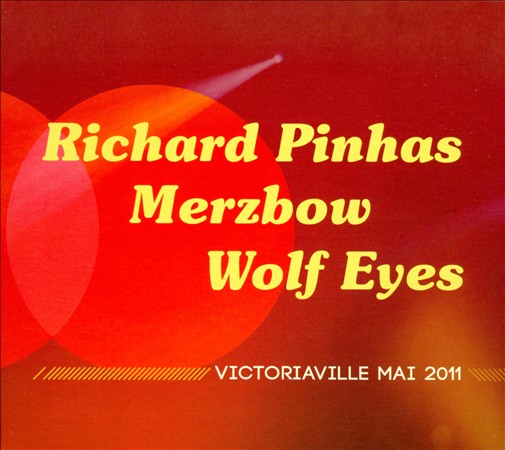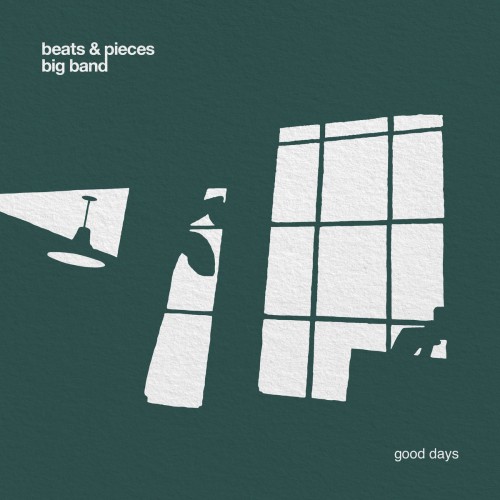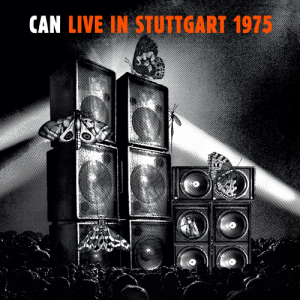 The live CD is a precarious beast. Cementing the band’s reputation or besmirching it with cash cows. Or somewhere in between — servicing the more obsessive of a band’s fanbase, kneecapping the bootlegger. I’m often cautious — for a band like Can, how much is it adding to know that they could turn out the goods live?
The live CD is a precarious beast. Cementing the band’s reputation or besmirching it with cash cows. Or somewhere in between — servicing the more obsessive of a band’s fanbase, kneecapping the bootlegger. I’m often cautious — for a band like Can, how much is it adding to know that they could turn out the goods live?
Well a fair amount. There’s a lot of Can-lore which is around the singers Damo Suzuki and Malcolm Mooney. I don’t think anyone’s in any doubt as to the other players’ chops, but suffice it to say they are deep and choppy.
I’d just like to pick up on a couple of things from the press release that seem important: “During the 1970s a typical Can concert could last three hours with one interval, though they were known to play longer” — can we have these, please? This CD is a great entrée, but it’s CD length; I’m possibly most interested in what happens when Can aren’t all bushy-eyed and bright-tailed.Like, we know from everything that they can play and play for a long LP’s time, but I guess the thing I don’t know about Can is what the ideas they rejected sound like, what happens when a very tight jammy band fuck up. Second, there’s a quote about “…extraordinary musical telephathy its members shared…” — not to be disengenuous, they can play as fuck. But if you’ve got a stock of themes, and a very steady rhythm section that largely doesn’t change, it’s not so much telepathy as skill.
That last point is a thing that I’d like to hear more of from camp Can — they’re kind of non-rock musicians who used the medium of rock and pulled it elsewhere — whether orthodox funk or Africanisms, especially in the last albums with the non-canonical line-up. The magical thinking of “telepathy” sort of misses the ways in which they’re good listeners, pulling a theme hither and thither. It’s certainly a rock band’s gear, but there’s a lot about their way of playing has more to do with a kind of head and extemporisation of jazz proper (though Can’s harmonic world is not a jazz one). Anyway, this is all kind of critical play. What do we have here? Can being amazing live. The mix is good, you can make out the instruments, there’s a kind of levity to the playing. Not everyone plays all the time and there isn’t wah or cymbal white noise voiding the pieces of dramatic tension (something so, so many bands miss out on the value of).I do wonder in fact whether, knowing that Jaki Liebezeit was such a fan of systems music, if there isn’t evidence here of systems — Michael Karoli and Irmin Schmidt have relative freedom around given modes, but it’s very often the case that Holger Czukay is solidly on first and octave on the beat, locked in with Liebezeit’s snare. I haven’t done any proper listening to gratify that properly (so don’t get on at me that track three does something else), but there’s such a solidity to the rhythm section that I wonder if the apparent freedom isn’t an effect of rhythm section being largely in control. Second track “Zwei” shows Czukay with only so many motifs that he may be cycling through, the rest of the band extemporising. Difficult to say and, besides the Liebezeit semi-biography, I’m happy to not find out.
But anyway, the night and doubtless your attention span are drawing in. Do you need it? Yeah. Do you want it? Yeah. It’s a banging CD. It’s definitely in need of close attention if you’re that way inclined; but if you’re just after some more Can material, well, this is the Can you know. If I had a criticism, it’s not that they’re not always worth listening to — they certainly are — it’s that this perhaps isn’t showing up much to the Can dynamic that we don’t already know. So that’s a criticism; that’s basically saying “this is about as good as the Can records you already like”. I CAN’t say fairer than that, guv.-Kev Nickells-
